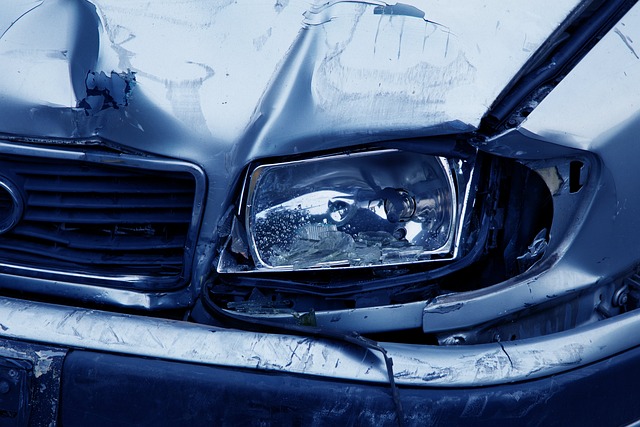I’m not a lawyer or a substitute for legal advice, but I have experienced a car accident. I can offer some general guidance on what steps you might consider taking if you’ve been in a car accident. Remember that the specific actions you should take can depend on the severity of the accident, local laws, and individual circumstances.
Here’s a basic outline of what you might do if you are in a car accident:
- Check for Injuries: First and foremost, check yourself and any passengers for injuries. If anyone is seriously injured, call emergency services immediately.
- Move to a Safe Location: If possible, and if it’s safe, move your vehicle to the side of the road or a safe area to prevent further accidents or traffic congestion.
- Call the Police: Depending on the severity of the accident and local laws, you may need to call the police to the scene. They can create an official accident report, which can be necessary for insurance claims and legal purposes.
- Exchange Information: Regardless of fault, exchange contact and insurance information with the other driver(s) involved. Obtain their name, phone number, address, license plate number, driver’s license number, and insurance information. You should provide the same information to them.
- Document the Scene: If it’s safe, take photos of the accident scene, including vehicle damage, skid marks, road conditions, traffic signs/signals, and other relevant details. These photos can be valuable evidence later on.
- Don’t Admit Fault: Avoid admitting guilt at the scene even if you believe you might be at fault. The full circumstances need to be clarified, and liability can be complex.
- Gather Witness Information: If there were witnesses to the accident, ask for their contact information in case their testimony is needed later.
- Notify Your Insurance Company: Contact your insurance company as soon as possible to report the accident. They can guide you through the process of filing a claim and provide you with instructions on what information they need.
- Seek Medical Attention: Even if you don’t feel injured immediately, seeking medical attention is a good idea. Some injuries, like whiplash or internal injuries, might not show symptoms right away.
- Keep Records: Keep a detailed record of all interactions related to the accident. This includes communication with the other party, police reports, medical bills, and other relevant documents.
- Follow Legal Requirements: Depending on your jurisdiction, there may be specific legal requirements to follow after an accident. This could include reporting the accident within a certain timeframe or complying with specific procedures.
- Consult Legal Advice: If the accident resulted in significant damage, injuries, or complex legal issues, you should consult an attorney experienced in personal injury or car accidents to understand your rights and options.
Conclusion
Remember that this advice is meant to provide general guidance and isn’t a substitute for professional legal counsel. Laws and procedures can vary widely based on your location and the circumstances of the accident. If you need help with what to do, consider seeking advice from a qualified professional.
Featured Image by PublicDomainPictures from Pixabay
